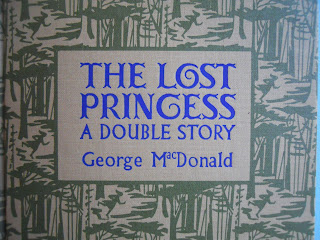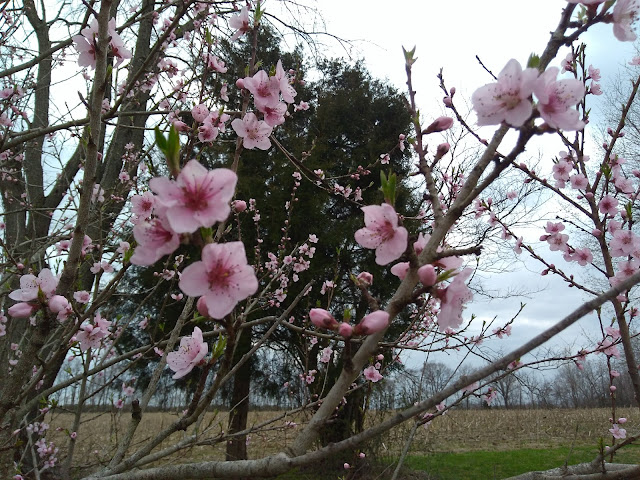Advice for a Drooping Soul
 |
| John Collier, 1883 |
One, Princess Rosamond, has no self-control and displays all her emotions in violent outbursts.
 |
| Young Shepherdess, Bouguereau, 1868 |
To get a taste of how MacDonald nails our sin nature, take a look at a few excerpts.
Early on he writes:
It was, indeed, a peculiar country, very different from ours -- so different, that my reader must not be too much surprised when I add the amazing fact that most of its inhabitants, instead of enjoying the things they had, were always wanting the things they had not, often even the things it was least likely they could have.
MacDonald makes it clear that, in part, the parents of both girls bear responsibility for their daughters' characters. Here's a bit about the princess:
As she grew up, everybody about her did his best to convince her that she was Somebody; and the girl herself was so easily persuaded of it that she quite forgot that anybody had ever told her so and took it for a fundamental, innate, primary, first-born, self-evident, necessary, and incontrovertible idea and principle that SHE WAS SOMEBODY. And far be it from me to deny it. I will even go so far as to assert that in this odd country there were a huge number of Somebodies. Indeed, it was one of its oddities that every boy and girl in it, was rather too ready to think he or she was Somebody; and the worst of it was that the princess never thought of there being more than one Somebody -- and that was herself.
Rosamond, who is spirited away from her castle by the Wise Woman, is given the task of taking care of the fire, dusting, and doing a number of other job at the Wise Woman's cottage. Used to doing as she pleases, she makes only the briefest attempt at dusting, then immediately grows discouraged:
But the wood-ashes flew about so, that it seemed useless to attempt getting rid of them, and she sat down again to think what was to be done. But there is very little indeed to be done when we will not do that which we have to do.
Ouch!
Agnes, on the other hand, when given similar tasks, approaches them head on, but her problem is different:
By this time her old disposition had begun to rouse again. She had been doing her duty, and had in consequence begun again to think of herself as Somebody. However strange it may well seem, to do one's duty will make any one conceited who only does it sometimes. Those who do it always would as soon think of being conceited of eating their dinner as of doing their duty....Until our duty becomes to us common as breathing, we are poor creatures.
As we read, the girls and I talked about whether we more closely resemble Rosamund or Agnes. At least two of us do find Agnes uncomfortably familiar.
When we look closely at our hearts, wondering if we will ever change, it can bring us to despair. Unless, that is, we take our gaze off ourselves and turn to the One who has promised to complete His work in us.
In Romans 7 Paul talks about wanting to do what he knew he should do, but being at war with his inner man. Near the end of the chapter he breaks off his lament to shout,
Thanks be to God through Jesus Christ our Lord! So then, on the one hand I myself with my mind am serving the law of God, but on the other, with my flesh the law of sin.
Matthew Henry had this to say in his commentary on Romans 7, v. 25:
It is a special remedy against fears and sorrows to be much in praise: many a poor drooping soul hath found it so. And, in all our praises, this should be the burden of the son, "Blessed be God for Jesus Christ."
I'd recommend "The Wise Woman" for both mothers and daughters. MacDonald had uncommon insight into human nature and offers much wisdom on child rearing as well. Oh, and as you read and see your own sin more clearly revealed, keep Matthew Henry's advice in mind.
All paintings above are in the public domain and may be found at WikiPaintings.com.




Comments